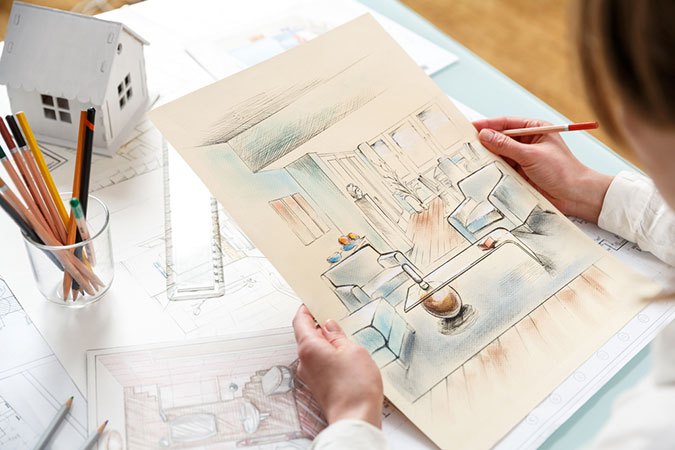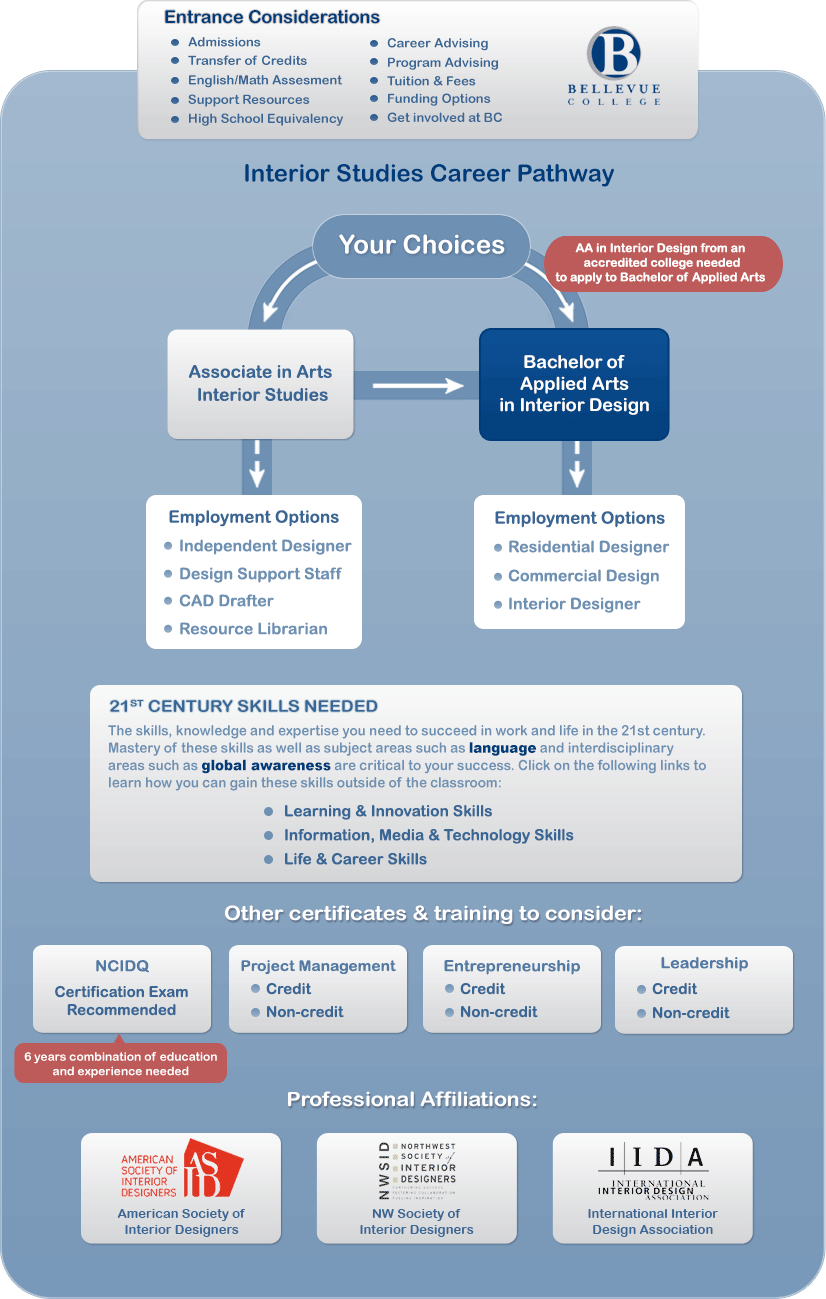Unveiling the World of Decorators: A Comprehensive Guide to Careers in Interior Design
Related Articles: Unveiling the World of Decorators: A Comprehensive Guide to Careers in Interior Design
Introduction
In this auspicious occasion, we are delighted to delve into the intriguing topic related to Unveiling the World of Decorators: A Comprehensive Guide to Careers in Interior Design. Let’s weave interesting information and offer fresh perspectives to the readers.
Table of Content
Unveiling the World of Decorators: A Comprehensive Guide to Careers in Interior Design

The world of interior design is a vibrant and dynamic field, offering a multitude of career paths for individuals with a passion for aesthetics, creativity, and a keen eye for detail. Within this landscape, decorators play a pivotal role, transforming spaces into functional and visually appealing environments that reflect the unique personalities and aspirations of their clients. This article delves into the multifaceted realm of decorator jobs, providing a comprehensive understanding of the profession, its various facets, and the pathways to success.
Understanding the Decorator’s Role
A decorator is an interior design professional who specializes in enhancing the visual appeal and functionality of spaces through the selection and arrangement of furniture, fabrics, colors, lighting, and accessories. Unlike interior designers, who typically handle all aspects of a project from conceptualization to implementation, decorators primarily focus on the aesthetic elements, collaborating closely with clients to create spaces that align with their individual tastes and lifestyle needs.
Key Responsibilities and Skills
The responsibilities of a decorator are multifaceted and require a diverse skillset. Some of the key tasks include:
- Client Consultation: Understanding the client’s vision, lifestyle, budget, and desired aesthetic.
- Space Planning: Analyzing the existing space, identifying potential challenges, and proposing layouts that maximize functionality and flow.
- Color Selection: Choosing paint colors, wallpaper, and other finishes that complement the overall design scheme and create a desired ambiance.
- Furniture and Fabric Selection: Sourcing furniture, rugs, curtains, and other furnishings that align with the client’s style and budget.
- Accessorizing: Adding finishing touches through the use of decorative objects, artwork, and plants to enhance the visual appeal and create a cohesive design.
- Project Management: Overseeing the implementation of the design plan, coordinating with contractors and suppliers, and ensuring timely project completion.
To excel in this field, decorators need to possess a blend of artistic talent, business acumen, and interpersonal skills. These include:
- Creative Vision: A strong sense of design, color theory, and an understanding of various interior design styles.
- Communication and Interpersonal Skills: The ability to effectively communicate with clients, understand their needs, and present design ideas in a clear and compelling manner.
- Problem-Solving Abilities: The ability to identify and overcome challenges related to space planning, budget constraints, and material availability.
- Project Management Skills: The ability to manage multiple projects simultaneously, meet deadlines, and maintain a high level of organization.
- Business Acumen: An understanding of pricing, budgeting, and negotiation strategies, along with the ability to manage financial aspects of the business.
Career Paths and Specializations
The field of interior decoration offers a variety of career paths, allowing individuals to specialize in specific areas that align with their interests and expertise. Some common specialization areas include:
- Residential Decoration: Focusing on designing and decorating private residences, encompassing everything from individual rooms to entire homes.
- Commercial Decoration: Specializing in designing and decorating commercial spaces, such as offices, retail stores, restaurants, and hotels.
- Specialty Decoration: Focusing on specific niches within the interior design industry, such as staging homes for sale, designing for specific lifestyles (e.g., sustainable living), or specializing in particular design styles (e.g., contemporary, traditional, or minimalist).
Education and Training
While a formal degree in interior design is not always required to become a decorator, it can provide a strong foundation in design principles, industry knowledge, and professional practices. However, aspiring decorators can pursue various educational pathways:
- Formal Education: Obtaining an associate’s or bachelor’s degree in interior design or a related field from accredited institutions.
- Certification Programs: Enrolling in specialized certification programs offered by professional organizations, such as the American Society of Interior Designers (ASID) or the International Interior Design Association (IIDA).
- On-the-Job Training: Gaining practical experience through apprenticeships or internships with established decorators or design firms.
- Self-Study: Engaging in independent study and research, exploring design trends, and developing a strong portfolio of work.
Building a Successful Career
Building a successful career in interior decoration requires a combination of talent, dedication, and strategic planning. Here are some key steps:
- Develop a Strong Portfolio: Showcase your design skills and aesthetic sensibilities through a portfolio of projects, including sketches, renderings, and photographs of completed work.
- Network and Build Relationships: Attend industry events, connect with other professionals, and seek opportunities to collaborate on projects.
- Promote Your Services: Create a professional website, social media presence, and marketing materials to showcase your expertise and attract clients.
- Stay Updated on Trends: Continuously research and stay informed about emerging design trends, materials, and technologies.
- Offer Excellent Customer Service: Build strong relationships with clients by providing exceptional service, meeting their expectations, and exceeding their expectations.
Frequently Asked Questions (FAQs)
Q: What is the difference between an interior designer and a decorator?
A: Interior designers are licensed professionals who are trained to handle all aspects of a project, including space planning, architectural modifications, and building codes. Decorators focus on the aesthetic elements of interior design, specializing in furniture selection, color palettes, and accessories.
Q: Do I need a degree to become a decorator?
A: While a degree can be beneficial, it is not always mandatory. However, formal education can provide a strong foundation in design principles and industry knowledge.
Q: How can I gain experience as a decorator?
A: Consider seeking apprenticeships, internships, or volunteer opportunities with established decorators or design firms. You can also start by decorating your own home or offering services to friends and family.
Q: How do I find clients as a decorator?
A: Network with other professionals, create a professional website and social media presence, attend industry events, and offer free consultations to potential clients.
Q: What are the average earnings for a decorator?
A: The salary for decorators can vary depending on experience, location, and specialization. However, on average, decorators can earn between $40,000 and $80,000 per year.
Tips for Success in Interior Decoration
- Develop a Unique Style: Establish a distinct design aesthetic that sets you apart from other decorators.
- Stay Current: Keep abreast of the latest design trends and incorporate them into your work.
- Build a Strong Network: Cultivate relationships with other professionals, including contractors, suppliers, and other designers.
- Offer Excellent Customer Service: Provide exceptional service, listen attentively to client needs, and exceed their expectations.
- Market Yourself Effectively: Create a professional website, utilize social media, and network with potential clients.
Conclusion
The field of interior decoration offers a fulfilling and rewarding career path for individuals with a passion for aesthetics, creativity, and a desire to transform spaces into beautiful and functional environments. By developing a strong skillset, building a professional network, and staying informed about industry trends, aspiring decorators can carve out successful and fulfilling careers in this dynamic and ever-evolving field.








Closure
Thus, we hope this article has provided valuable insights into Unveiling the World of Decorators: A Comprehensive Guide to Careers in Interior Design. We hope you find this article informative and beneficial. See you in our next article!